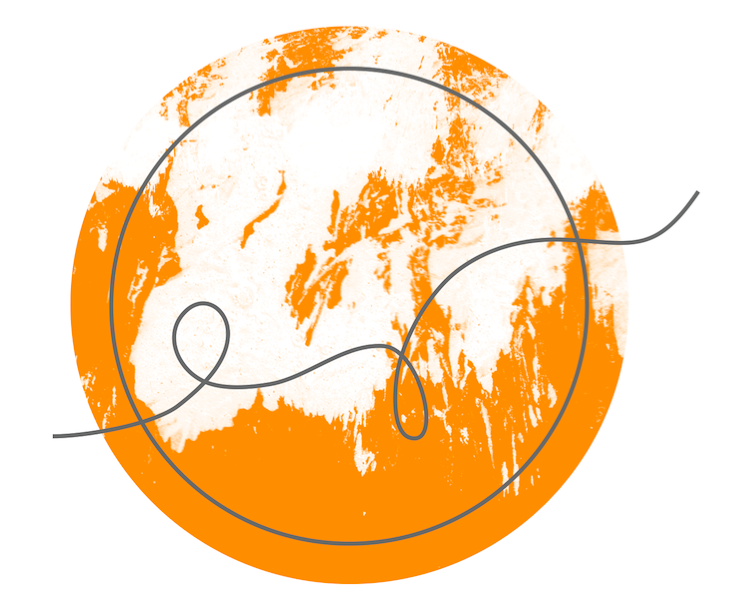Purposeful Waiting - Timeline Update!
/I talked with our case manager today, and she gave me an update on our waiting...it's only kinda good news so Brian and I wanted you to know so you can keep on praying!!!
- Hard News: They had a RECORD amount of dossiers submitted in May & June. They are still receiving referrals for their June submissions. Hard for those families to wait!!
- Good News: They expect to give referrals for July-August dossier submissions quickly. They didn't have many of those.
- Kinda Good News: 5-7 more months before referral [which is 1-2 months longer]...BECAUSE they are doing some paperwork previously done AFTER the referral BEFORE the referral now.
- Maybe Good News: Therefore, they are projecting 3-6 months from referral until we travel to pick up the Little Ethiopian Diaz's. Previously, they projected a solid 6 months.
We'll see what happens but let's keep praying for an expedited referral!
Our case manager is so great. She took the opportunity on the phone today to remind us of some truth in the waiting...
- God has a purpose in our waiting [if we haven't learned this already than we have a problem]. It's not delayed waiting. He never wastes our waiting. This is NOT lost time. God's finding a way to use our waiting and/or redeem it.
- If we would get the referral when we want, then God wouldn't accomplish what he wants for us. That's so true even if we would've gotten pregnant when we wanted to. He's so intentional it makes me nauseous.
- He wants the best for us and the best for our child. So the waiting is about transforming us and our home to be the best scenario for us AND them.
- When we get our little ones, we won't even remember the wait. This one brings me to tears every time!
Brian has had a sense for a while that this waiting is important for us and we need more time before they come home. [I hate it when he's right.] So I pray that we will be diligent in our waiting and looking for ways that God is making it purposeful in our lives and the Little Diaz's.









